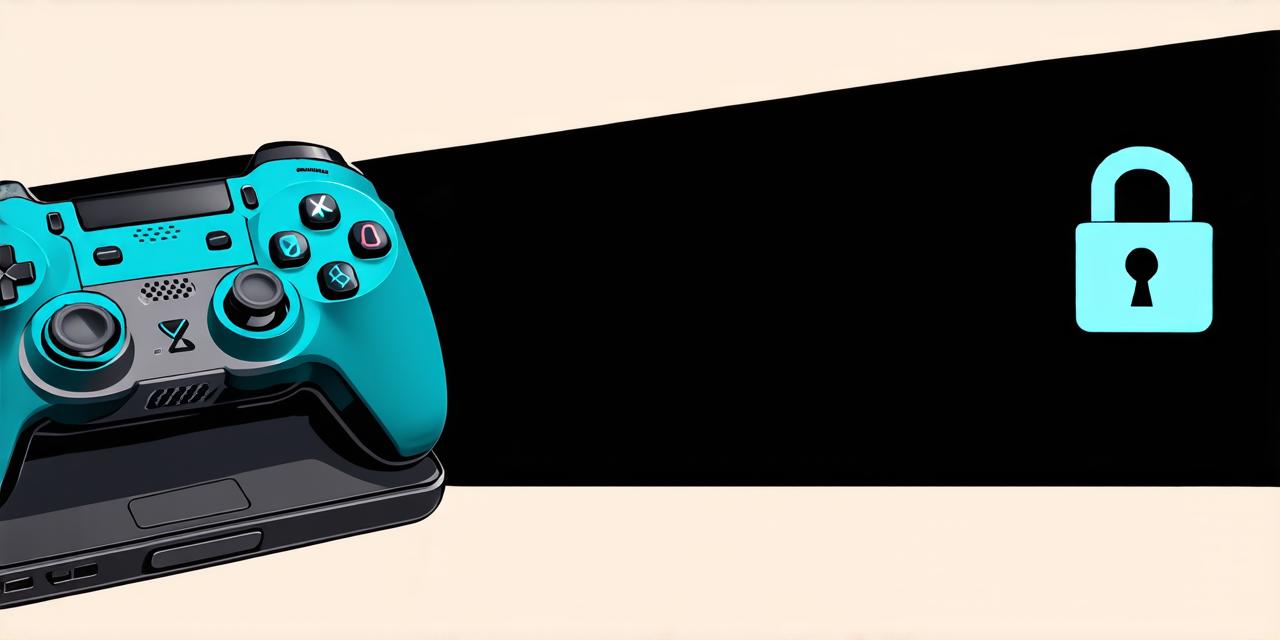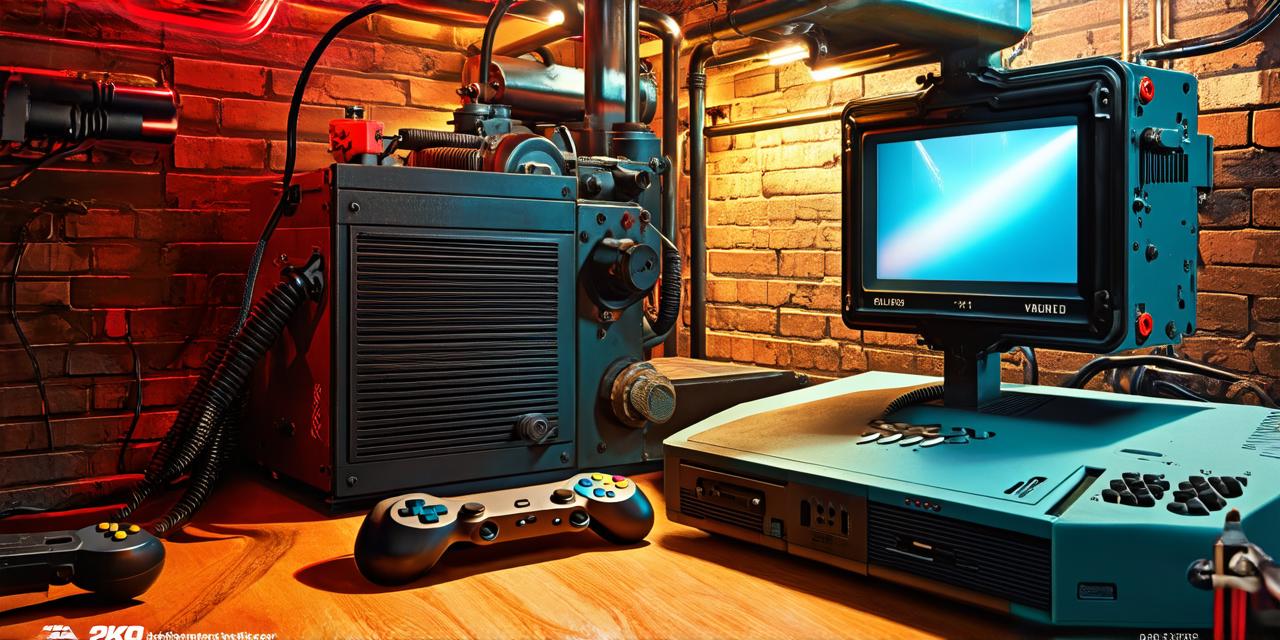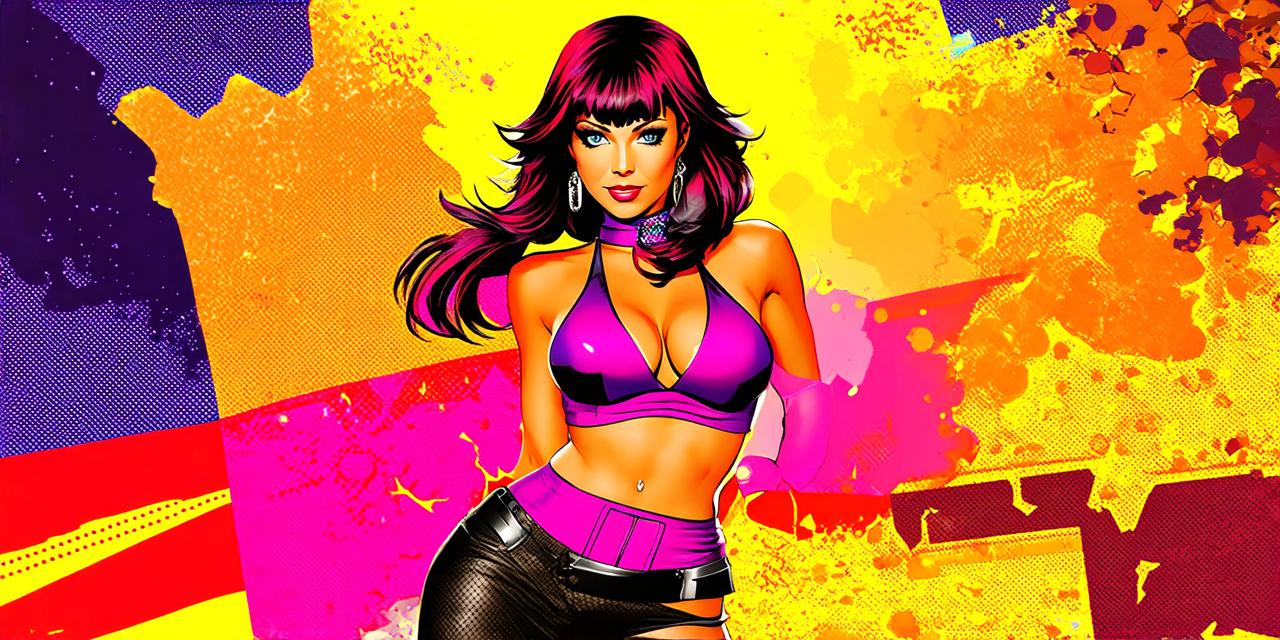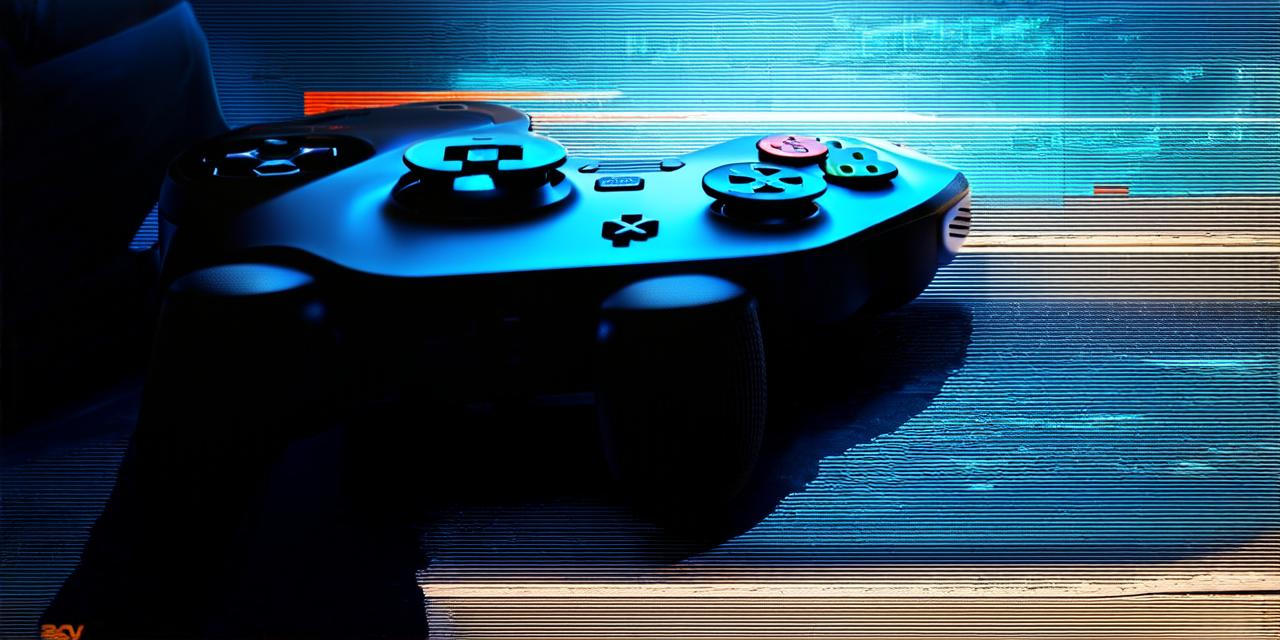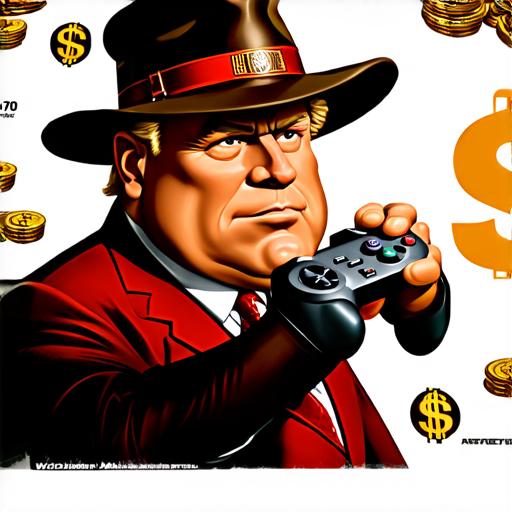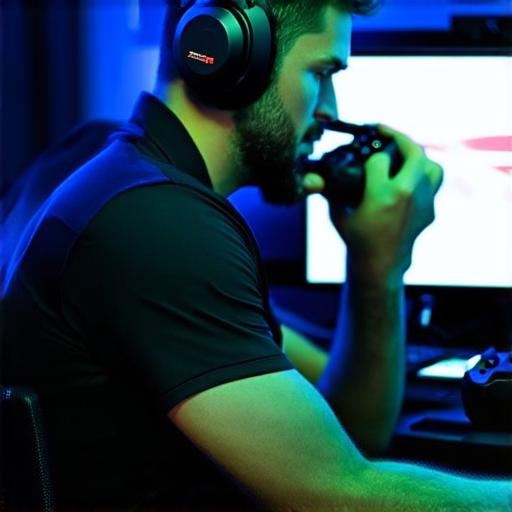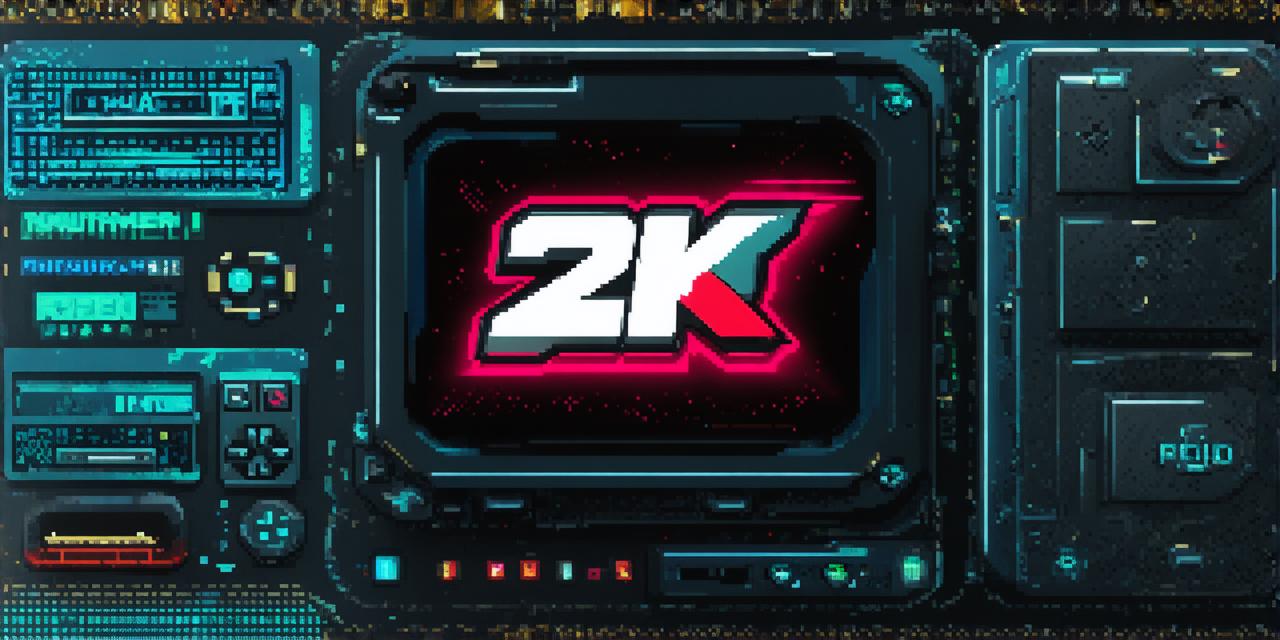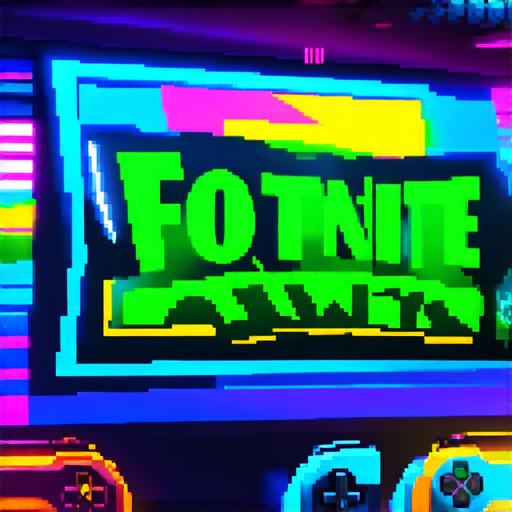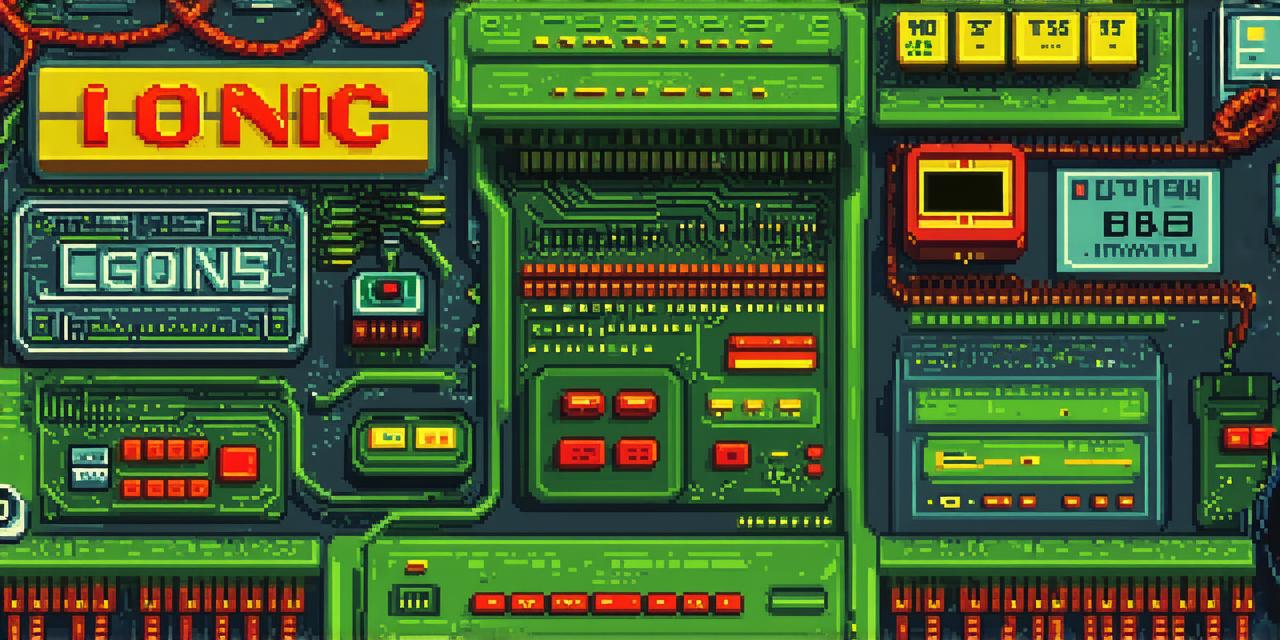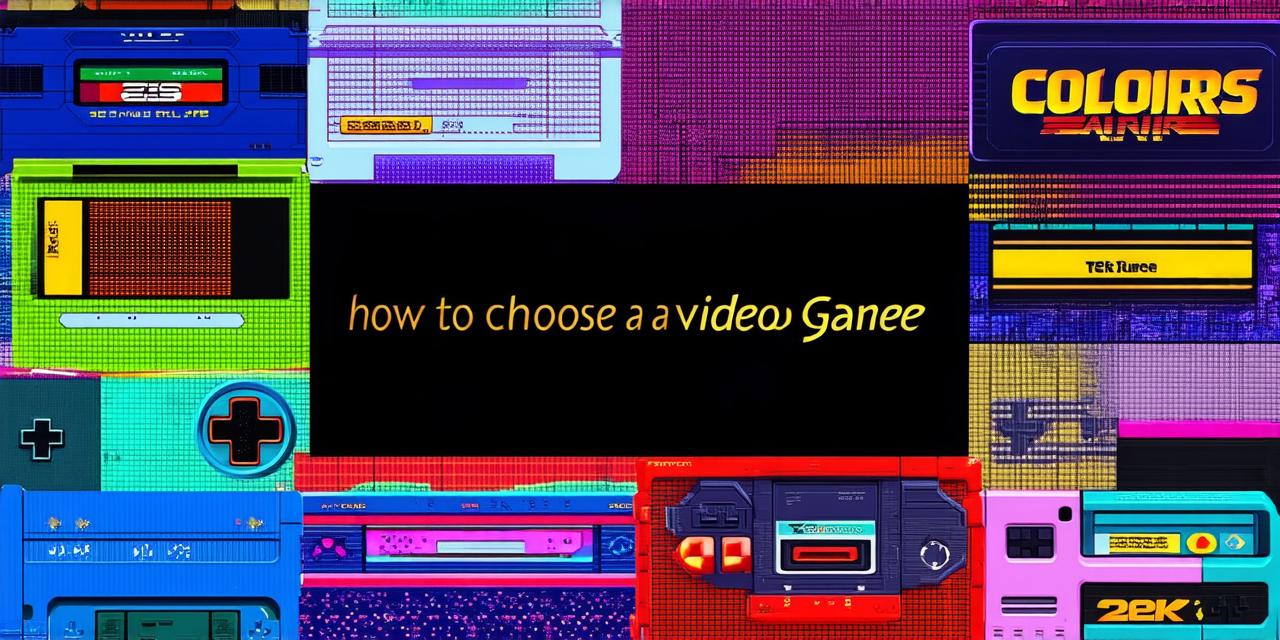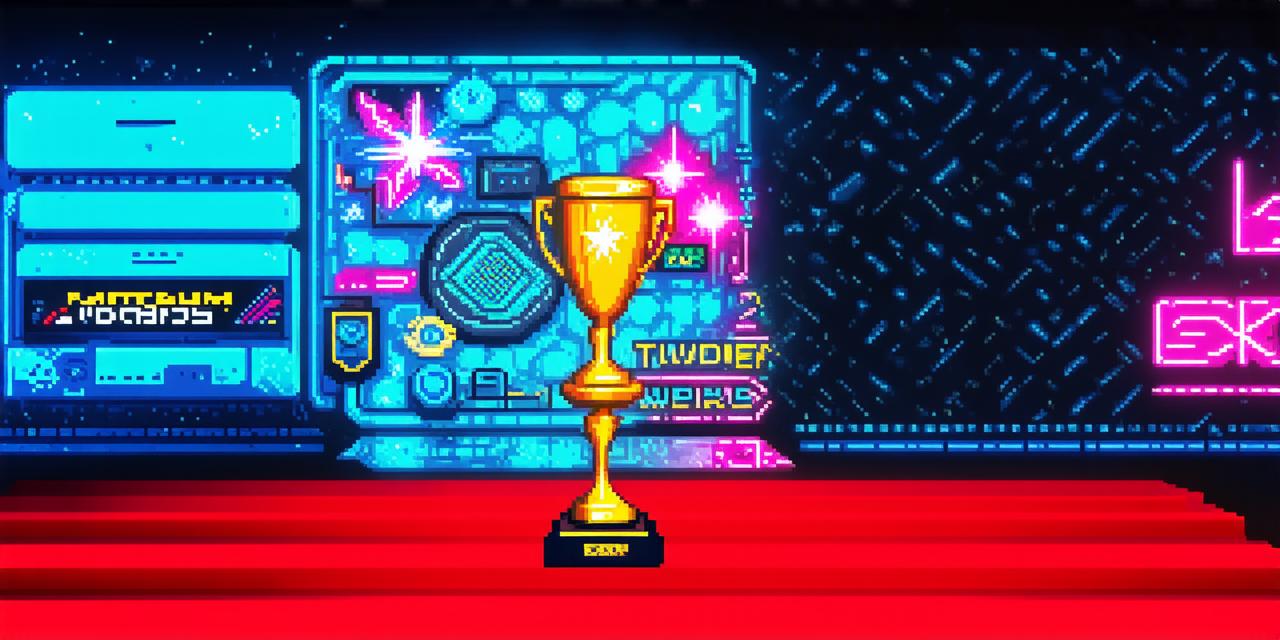How to copyright a video game name
<p>As a game developer, you have invested time and resources into creating an engaging and original video game. One of the most important aspects of your creation is its name, as it often serves as the first impression players will have of your game. However, copyrighting a video game name can be a complex process that requires careful consideration and attention to detail.</p>
<h2>The Importance of Copyrighting Your Video Game Name</h2>
Copyrighting a video game name is an important step in protecting your intellectual property (IP) rights. IP refers to the creative expression of a work, such as a game’s name, slogan, logo, and characters. By copyrighting these elements, you can prevent others from using them without your permission, thus ensuring that your game remains unique and recognizable.
<h2>There are several reasons why it is important to copyright a video game name:</h2>
<ul>
<li>To prevent infringement: When a competitor copies the name of your game, they may cause confusion in the marketplace, leading players to believe they are playing a different game. This can damage your reputation and potentially lead to legal action against the infringing party.</li>
<li>To establish ownership: Copyrighting your video game name gives you legal rights to the use of that name. This means you have exclusive control over how the name is used, including who can use it in advertising, merchandise, and other related products.</li>
<li>To protect your brand identity: Your video game's name is an essential element of its brand identity. By copyrighting your name, you ensure that it remains unique and recognizable, helping to establish a strong brand image for your game.</li>
</ul>
<h2>Steps to Copyright a Video Game Name</h2>
<p>The process of copyrighting a video game name involves several steps, including:</p>
<ol>
<li>Conduct a search: Before filing for a trademark, you must conduct a thorough search to ensure that no one else has already registered the same or similar name for their product or service. You can use the US Patent and Trademark Office's (USPTO) online database to check for existing trademarks.</li>
<li>Create a trademark application: Once you have confirmed that your chosen name is available, you will need to create a trademark application. This application includes details about your business, the goods or services you offer, and the mark you wish to register (e.g., the video game name).</li>
<li>File for a trademark: After completing the application, you must file it with the USPTO. You can do this online, by mail, or in person. The filing fee for a trademark application is currently $275.</li>
<li>Wait for approval: Once you have filed your application, you will need to wait for the USPTO to review and approve your trademark registration. This process typically takes several months.</li>
<li>Maintain your trademark: After obtaining your trademark registration, you must maintain it by filing regular renewal documents with the USPTO. You must also monitor your trademark regularly to ensure that no one else is using a similar name for their product or service.</li>
</ol>
<h2>Challenges of Copyrighting a Video Game Name</h2>
<p>While copyrighting a video game name can be an effective way to protect your intellectual property, there are several challenges you may encounter:</p>
<ul>
<li>Generic terms: If the term you choose to trademark is too generic or descriptive of the product or service itself (e.g., "video game"), it may not qualify for trademark protection. This is because such terms are considered commonplace and do not identify a particular brand or business.</li>
<li>Conflicting marks: If another company has already registered a similar trademark, you may be unable to register your trademark. In this case, you will need to choose a different name that does not conflict with the existing trademark.</li>
<li>Trademark squatting: Some individuals or companies may intentionally register a trademark on a term that they believe is likely to become popular in the future, with the intent of selling it back to the original owner for profit. This practice is known as trademark squatting and can be a significant challenge for game developers.</li>
</ul>
<h2>Legal Implications of Copyrighting Your Video Game Name</h2>
<p>Copyrighting your video game name has several legal implications that you must consider:</p>
<ul>
<li>Enforcement: If someone infringes on your copyrighted name, you have the right to enforce your trademark and prevent them from using your name without your permission. This may involve sending a cease and desist letter or pursuing legal action against the infringing party.</li>
<li>Licensing: You may also choose to license your trademarked name to other companies, allowing them to use it in their advertising, merchandise, and other related products. However, you must carefully consider the terms of any licensing agreement to ensure that your rights are protected.</li>
<li>Infringement: If someone else registers a similar trademark for their product or service, they may be infringing on your trademarked name. In this case, you may need to take legal action to enforce your trademark and protect your intellectual property.</li>
</ul>
<h2>Case Study: Epic Games' Unreal Engine</h2>
<p>Unreal Engine is a popular game engine used by many game developers. The company behind the engine, Epic Games, has taken steps to copyright several of its terms and logos, including "Unreal" and "Unreal Engine." By trademarking these terms, Epic Games has been able to protect its intellectual property and prevent other companies from using them without permission.</p>
<h3>FAQs</h3>
<h3>1. Can I copyright a game name that is a combination of words?</h3>
<p>Yes, you can copyright a game name that is a combination of words. However, you must ensure that the name is not too generic or descriptive and does not conflict with any existing trademarks.</p>
<h3>2. What happens if someone infringes on my trademarked name?</h3>
<p